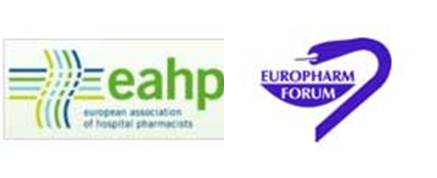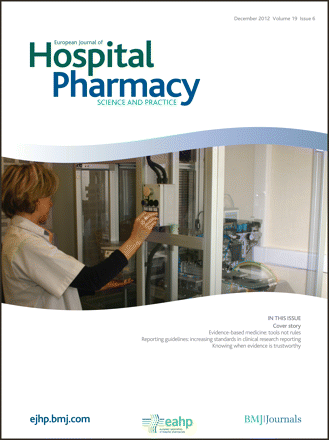|
The Health Committee of the European Parliament has held a special hearing into efforts to curb rates of drug resistant TB within the European Union.
Under the title “‘Funding crisis at the Global Fund to Fight AIDS, TB and Malaria and its impact on EU countries most affected by multi-drug resistant TB”, the Committee questioned representatives from the European Commission and the World Health Organisation about the issues.
Since the Global Fund to Fight AIDS, TB and Malaria was forced to cancel its last funding round in 2011, many Eastern European countries have been left facing cuts to their TB programmes and without the means to scale up their responses. This has caused particular concerns in relation to combating multidrug resistant TB (MDR-TB), the prevalence of which is a particular issue in some European countries such as Romania.
Dr Masoud Dara of WHO Europe explained that whilst the 53 member countries of WHO Europe region bear only 5% of the global TB cases, the region bears 20% of the global multidrug resistant TB burden. 18 of the 53 countries are considered to be “high priority” for action against TB, including Romania, Bulgaria and Turkey.
Dr Dara, highlighted that whilst migration, alongside prison, was one of the major social determinants of TB in Europe, there remained a lack of good systems in place in Europe for cross-border care of patients. Dr Dara advised that prevention and early diagnosis spending of 1bn can produce savings of 10bn in hospital costs later on.
Members of the European Parliament were interested to explore the funding challenges for some of the European countries involved. Romanian MEP Claudiu Tănăsescu, quoting WHO estimates that in his country there are 15,000 MDR-TB patients, suggested changes should be made to the criteria for funding used by the Global Fund to Fight AIDS, TB and Malaria in order to better support middle income countries in meeting the MDR-TB challenge.
Hearing available to view here (from 16:26).
|


























